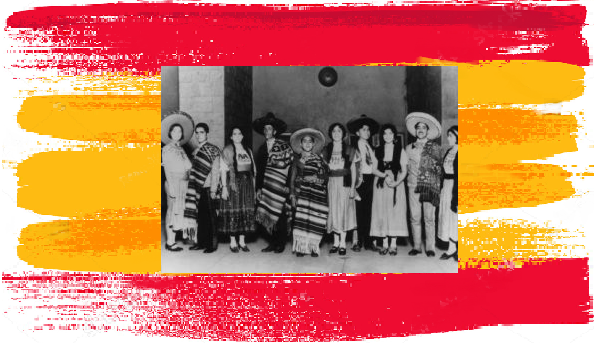BAS editor William Chislett
Spain’s 23 July 2023 election did not produce an outright winner. Since our autumn edition, Prime Minister Pedro Sánchez has cobbled together another minority coalition government, led by his PSOE (Socialist) party but dependent on parliamentary support from Basque and Catalan separatists and other regional parties.
In Challenging times for Spain, first published by the Elcano Royal Institute on 22 December 2023, I look at the priority issues facing Sánchez’s administration. A link to the full report appears at the foot of this page, but the main points are summarised below.

Six years after the illegal and failed Catalan independence referendum, the movement for secession has ebbed significantly, but the two pro-independence parties are far from relenting. Their price for supporting the government was a hugely controversial amnesty for those involved in the referendum.
The economy, which plummeted 11.2% in 2020, the steepest fall in the euro zone, has recovered its pre-pandemic level and is rebounding. Unemployment is below 12%, the lowest rate since 2008, but productivity growth is sluggish and the high public debt and structural budget deficit make Spain vulnerable to external shocks.
Despite reforms, doubts remain on the sustainability of the pensions system in a country with a fast-ageing population. In education, the early school-leaving rate has come down significantly, but at 13.9% is still well above the EU average, while the share of secondary school students who repeat a grade also remains high.
Much progress has been made in gender equality, but domestic violence remains a problem.
Spain has successfully absorbed more than 7 million immigrants over the past 30 years, without whom the population would have shrunk. However, few, if any, play a notable role in public life. Muslims still encounter obstacles to the practice of their religion.
The divide between young adults and the elderly is deep. Pensioners are relatively well looked after, but 28% of the workforce under the age of 25 is jobless and many have to live with their parents for much longer than in most other EU countries.

Spain is quite advanced in the use of renewable energy, but is lagging in the roll out of electric vehicles and charging points. The country has been hit hard by climate change, with sweltering temperatures sometimes followed by torrential rain. More than 9 million people suffered water restrictions in January in Catalonia and Andalusia.
In foreign policy Spain has shown unswerving support for Ukraine and is strongly involved in European Defence Fund projects. Thorny problems remain, however, including agreeing a post-Brexit agreement for the UK overseas territory of Gibraltar, claimed by Spain. The 14 formal rounds of negotiations since October 2021 were bogged down in various sticking points, particularly the Spanish government’s insistence on joint use of Gibraltar’s airport. The UK and Gibraltar rejected anything that smacked of any erosion or change to the Rock’s British sovereignty.
The full 88-page report is available at https://www.realinstitutoelcano.org/en/work-document/challenging-times-for-spain/

